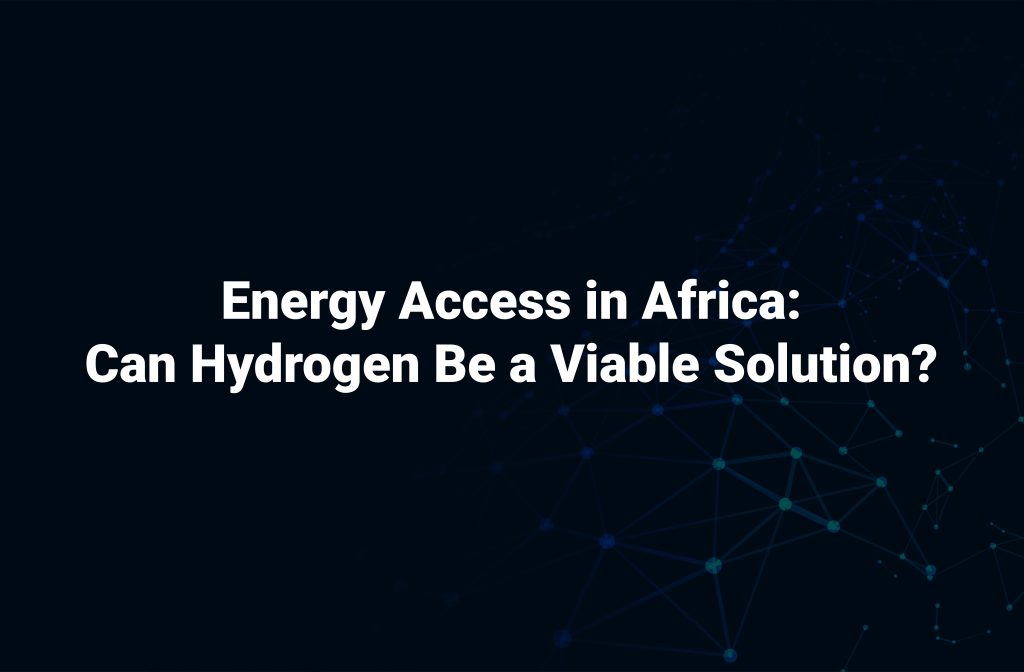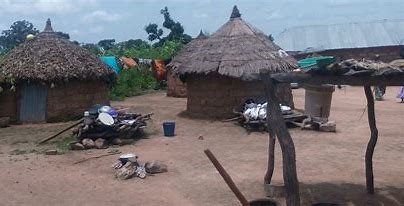Blog Template
Recent Posts
Categories
Energy Access in Africa: Can Hydrogen be a viable solution?

The existing power system in Africa is characterized by a lack of electricity, especially in Sub-Saharan Africa (SSA). According to the 2022 World Energy Outlook Special Report, about 43% of Africa’s population has no electricity access, predominantly in rural areas.
This is due to its growing population, depletion of fossil fuels, poor and dilapidated commercial energy infrastructures, low per capita consumption, low investment in modern energy models, and government policies. Thus, a major barrier to poverty eradication, industry innovation, sustainable communities, and quality education.

Recently, hydrogen has gained worldwide attention for its enormous potential in the energy-intensive sectors. The process of producing hydrogen through electrolysis provides long-term on-site energy storage. It can provide clean, stable, and dispatchable electricity with significant possibilities for its integration into the modernized grid. Therefore, it serves as a buffer to the intermittent and non-dispatchable nature of renewables like solar and wind aiding its integration into the grid.
Therefore, incorporating hydrogen into Africa’s energy mix will increase energy access as it can be stored and distributed in a form that provides dispatchable lower-carbon energy for remote and backup power generation electricity. Hence, can be distributed to grids and microgrids, especially in urban and rural regions.

